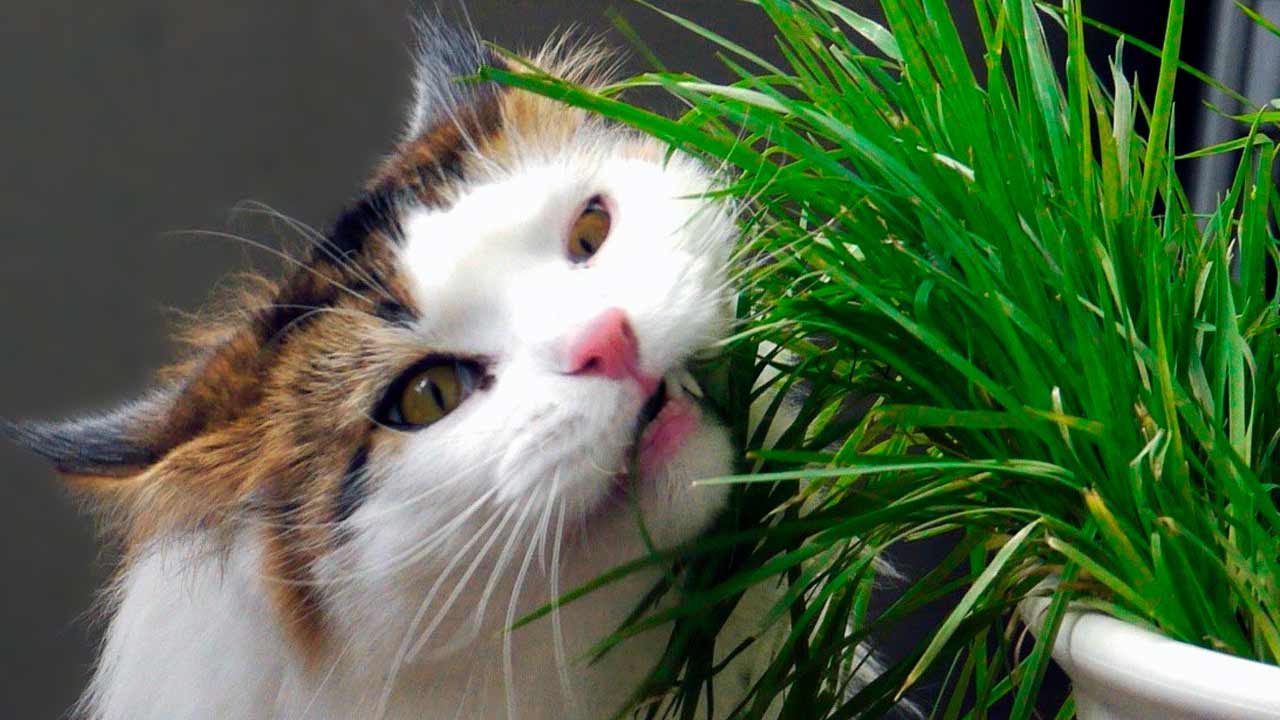If you’re a plant lover and a pet parent, you probably already know how tricky it can be to balance both. Some popular houseplants can be toxic to cats or dogs — and curious paws or nibbling teeth don’t always mix well with leafy greens. But don’t worry — you don’t have to give up your indoor jungle dreams.
There are plenty of beautiful, air-purifying, pet-friendly plants that are safe to grow around your furry roommates. Let’s explore the best houseplants that keep your home green and your pets safe.
Why Pet-Safe Plants Matter
Cats and dogs explore the world with their mouths. A hanging leaf or a swaying stem can be irresistible to a curious pet. Unfortunately, many common houseplants — like pothos, peace lilies, or snake plants — contain chemicals that can cause anything from mild irritation to serious illness.
That’s why choosing non-toxic houseplants is key if you live with animals. It keeps your pets healthy, and gives you peace of mind.
Top Pet-Safe Houseplants
Here’s a list of popular indoor plants that are safe for both cats and dogs, according to the ASPCA (American Society for the Prevention of Cruelty to Animals):
Spider Plant (Chlorophytum comosum)
- Easy to grow and thrives in low light.
- Safe for pets and very forgiving — great for beginners.
Areca Palm (Dypsis lutescens)
- Adds a tropical feel to any room.
- Non-toxic and ideal for bright, indirect light.
Prayer Plant (Maranta leuconeura)
- Named for how its leaves fold at night.
- Beautiful patterns and perfectly safe for pets.
Boston Fern (Nephrolepis exaltata)
- Lush, feathery foliage that loves humidity.
- A classic, non-toxic choice for hanging baskets.
Baby Rubber Plant (Peperomia obtusifolia)
- Not a true rubber plant — and thankfully, non-toxic!
- Great for small spaces and easy to care for.
Calathea (Calathea spp.)
- Known for stunning, colorful leaf patterns.
- A bit more finicky, but completely pet-safe.
Tips for a Pet- and Plant-Friendly Home
- Elevate plants on shelves or in hanging baskets to avoid too much nibbling.
- Use heavy pots for larger plants, so curious paws don’t knock them over.
- Watch for signs of chewing — even pet-safe plants can cause stomach upset if eaten in large amounts.
- Avoid chemical fertilizers or leaf sprays that may be harmful if licked.
Bonus tip: Create a little “cat grass” planter (wheatgrass or oat grass) just for your cat to munch on — it may help keep them away from your other plants!
What to Avoid
Even though they’re popular, these common houseplants are toxic to pets:
- Peace Lily
- Pothos
- Aloe Vera
- Snake Plant
- Dieffenbachia
- ZZ Plant
- Sago Palm
If you already have these, try placing them in rooms your pets don’t access — or consider swapping them out for something safer.
Final Thoughts
You shouldn’t have to choose between a cozy, plant-filled home and your pets’ safety. With a little planning, you can enjoy both. Pet-safe plants offer beauty, cleaner air, and peace of mind — and your four-legged friends will thank you for it (even if they can’t say it out loud).
So go ahead — fill your space with green life. Just make sure it’s the kind that doesn’t bite back.

Leave a Reply